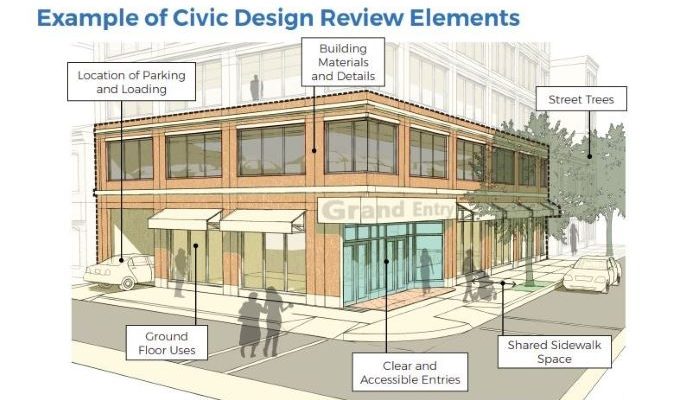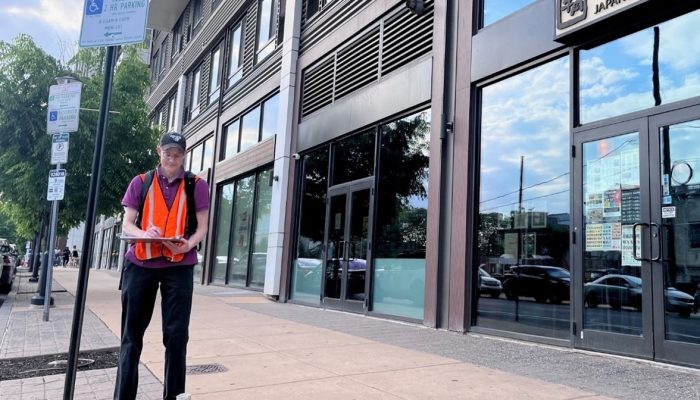The City of Philadelphia wants developers and communities to work together to create vibrant and inclusive projects. Civic Design Review (CDR) is a process that can help make that happen.
CDR offers a forum for dialogue and public engagement. Developers present their proposals to the public through the Registered Community Organization (RCO). The developer and the RCO then appear at CDR. At CDR the developer presents the project and an RCO representative is part of the review team. Members of the public can comment at CDR meetings.
CDR is an important part of the development review process. Participation in CDR is mandatory for projects of a certain size.
Because CDR is mandatory for some projects, developers should know the ins and outs of the process. Including time for CDR in a development timeline can ensure that a project moves ahead on schedule.
Developers must submit materials for CDR at least four weeks before the meeting at which they would like to appear. This gives City Planning Commission (PCPC) staff time to prepare the agenda.
PCPC posts the agenda two weeks before the meeting. In developing the agenda PCPC gives priority to:
- Applicants whose RCO meeting has taken place before PCPC posts the agenda.
- Applicants with earlier L&I referral dates.
To make sure the process moves smoothly and respects everyone’s role in it, PCPC has some helpful hints.
Developers:
Plan ahead. The sooner you engage with the community the sooner you can get your RCO meeting scheduled.
RCOs:
Be aware of the deadlines in the zoning code that apply to you. These deadlines are in the law and PCPC cannot grant waivers.
The CDR process offers benefits for developers and residents alike. Residents get to provide input on projects that will affect their community. Developers get feedback on their plans from a fresh set of eyes.
Working together developers, RCOs, and PCPC can ensure that the CDR process supports development everyone can be proud of and benefit from.




